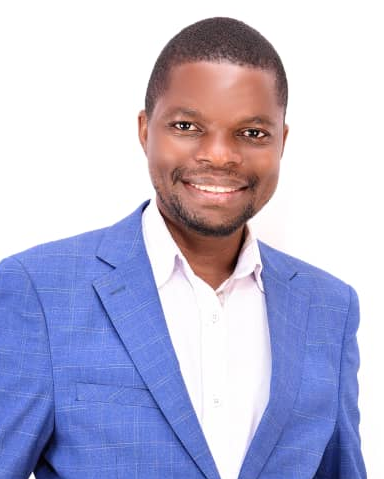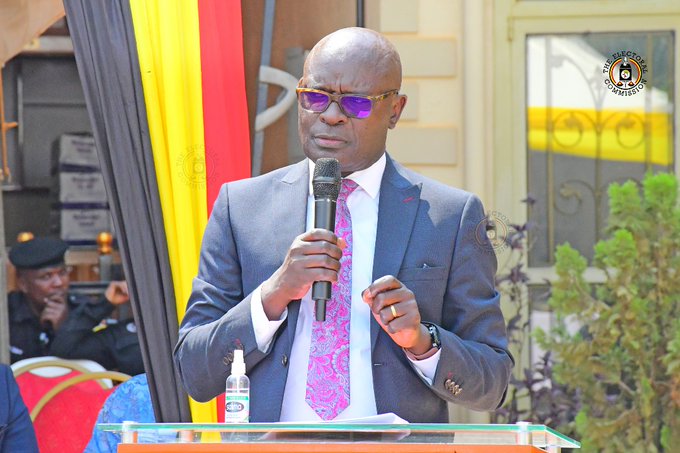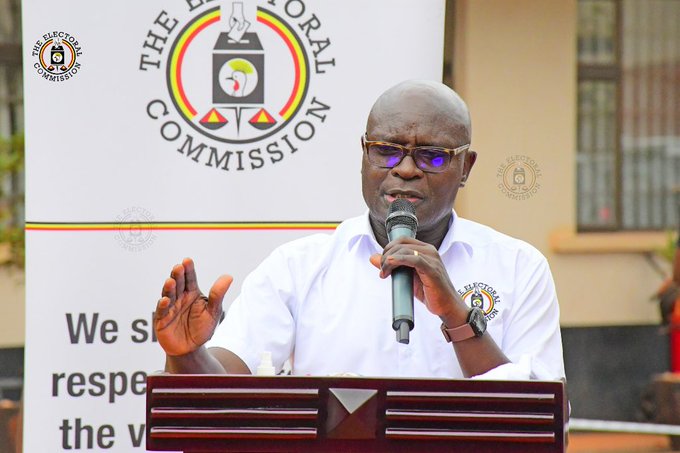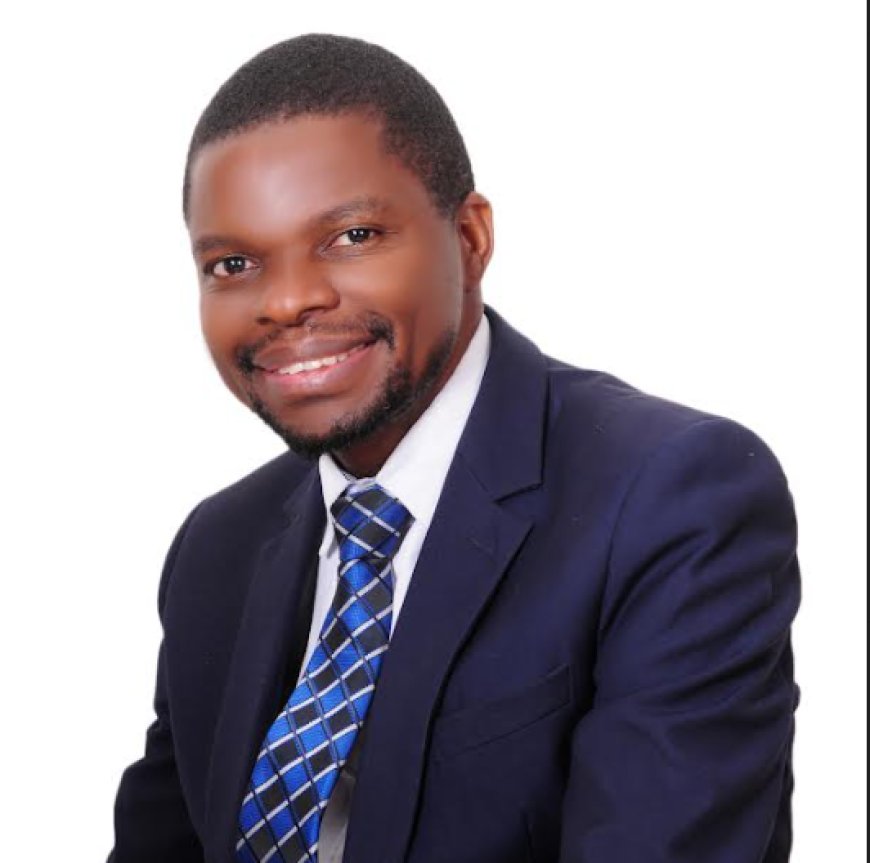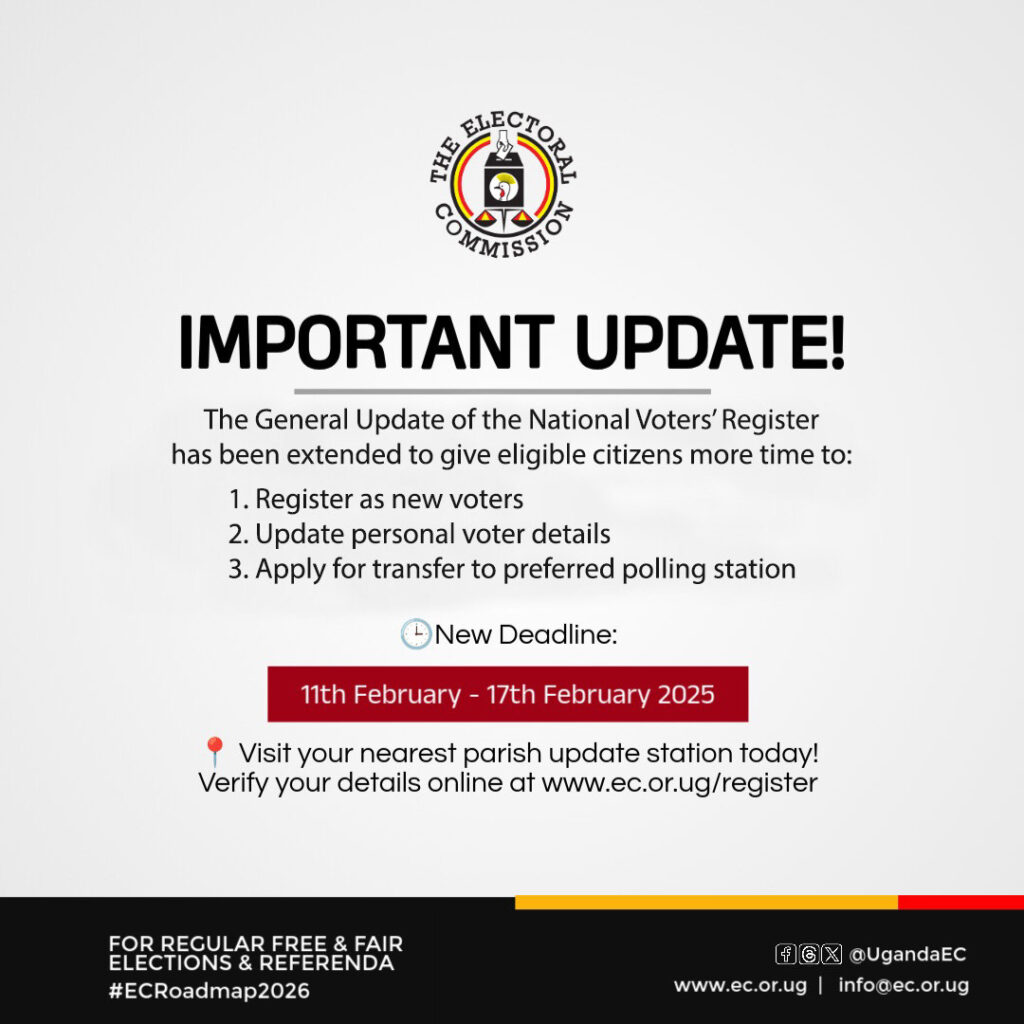In an unexpected turn of events, the World Bank has announced the suspension of loans to Uganda following Uganda’s enactment of the controversial anti-LGBTQ law.
The bank finances several initiatives in Uganda, particularly infrastructural projects.
For instance, the Bank has been involved in financing the rehabilitation of the 340km Tororo-Mbale-Soroti-Lira-Kamdini road under the Uganda North Eastern Road-corridor Asset Management Project and the construction of the 100km Kyenjonjo-Kabwoya road under the Albertine Region Sustainable Development Project, among several other projects.
To clarify from the start, I do not support LGBTQ exhibitionism, especially in Africa. gay exhibition is not an African value and it was never tolerated in the African traditional society. However, as a human being and practicing Roman Catholic, I do support gay people’s right to life.
In this context, I support the World Bank’s move insofar as it will FINALLY trigger us to wake up and run a more frugal, lean, and less wasteful government.
“Sometimes, loans are good,” a necessary cliché in Uganda, goes.
It adds, “When you are involved in the business of distributing goods and services, you will not avoid loans, donations, grants, etc.”
While this holds true for every business and statecraft, the problem arises when such resources are blatantly mismanaged, leaving beneficiaries like Ugandans to fend for themselves.
I am particularly excited this morning because Ugandan President Yoweri Museveni admitted in a post on ‘X’ (or Twitter) that despite the corruption among public servants and the political class, Uganda will manage without World Bank loans.
He posted:
“Things are moving well in Uganda in spite of the corruption of some Public Servants and some elements of the political class. I want to inform everybody, starting with Ugandans that Uganda will develop with or without loans. It is unfortunate that the World Bank and other actors dare to coerce us into abandoning our faith, culture, principles, and sovereignty using money. They greatly underestimate all Africans. We do not need pressure from anybody to know how to solve problems in our society. These are our problems. We continue to talk with the World Bank so that both they and we avoid this diversion if possible.”
Why am I excited? I am excited because while this decision might be met with initial concern, it could signify a much-needed wake-up call and a step towards a brighter future for Uganda within the wider framework of loans, grants, and freebies that have sustained profligate regimes in the southern hemisphere.
“This move by the World Bank narrows our resource pool, thus calling us to rethink, realign, prioritize, and possibly reconsider our position on the AHA’23. Let’s wait for further developments on this matter,” observes Bonny Komagum, a Financial Analyst at Airtel Uganda, on X.
“You can never truly understand how to be frugal and manage finances until your source is cut off. With limited resources, you manage and plan better. I think such things need to happen to ingrain in our minds that if you don’t have money, the first thing to do is cut expenses,” writes Àrtful Ďoja (@ArtfulDoja7) in another post on ‘X.’ I agree.
This move by the World Bank carries a silver lining that should not be overlooked. Beyond the LGBTQ Law, it serves as a resounding message against corruption and the misuse of aid funds that have plagued our nation. No news bulletin, headline, or blog – at least once a week – goes without uncovering a scandal somewhere within the echelons of the political economy. This is perhaps because there is so much funding from Western donors that the political class feels entitled to exploit.
Therefore, as financial support dwindles, the avenues for embezzlement and waste will inevitably diminish, compelling a renewed focus on accountability and responsible resource allocation in our statecraft as a nation.
The suspension of loans also marks a pivotal moment for Ugandan citizens. With government actions under scrutiny, taxpayers now have the opportunity to question how their hard-earned money is being spent. This juncture is a turning point that many have yearned for – a chance to demand transparency, efficiency, and integrity in governance.
In this era of fiscal scrutiny, a new horizon is slowly emerging, where every expenditure will face scrutiny. The potential political consequences of misallocation have never been more significant. This significant shift compels our leaders to reassess their priorities and recommit to serving the public interest over personal gain.
Uganda is poised to recognize that resources are not limitless, and tough decisions will be inevitable. As the nation navigates these uncharted waters, the public and policymakers will hopefully come to understand the value of public funds. This reckoning can only lead to a stronger sense of responsibility towards stewarding these resources for the collective benefit.
The suspension of loans serves as a call to action for those who genuinely care about Uganda’s development. It is a clarion call for true leaders to rise, for hardworking citizens to shine, and for a new era of good governance to take root. The challenge of aid cuts, while daunting, also presents an opportunity to distinguish between those who create wealth and those whose job is to consume it simply because they hold the reigns of power.
Though this suspension may bring short-term challenges, it opens doors to long-term transformation. It compels Uganda to confront its shortcomings, redefine its priorities, and embrace a fairer future. As the nation evolves, it is imperative that leaders listen to the voices of progress, reject discrimination, and move towards an era of inclusion and prosperity.
While the impact of the suspension on Ugandans is complex, it compels the government to explore alternative avenues for economic stability, which could lead to better fiscal discipline. It also brings forth debates about financial independence as the nation considers reshuffling budgets and trade partners.
Upon the signing of the Law in May this year, President Museveni’s defiant speech underscored the complexities of national pride and autonomy. The situation prompted reflection on the balance between asserting sovereignty and upholding international obligations. However, the moment offered Uganda an opportunity to engage in a broader discourse on human rights, both domestically and internationally.
Since the World Bank has also expressed its continued commitment to aiding Ugandans, the situation calls for a comprehensive dialogue among all stakeholders to find a path forward that respects human rights, ensures national dignity, and aligns with the international community’s values.
Ultimately, this suspension remains a signal for Uganda to introspect, reevaluate, and rebuild. Let this be the turning point that catalyzes positive change in our institutional governance and ethics, where the lessons learned from this ordeal guide the nation toward a fairer, more transparent, and prosperous future.
One way to look at it might be to learn from those who donate their resources to us. For instance, the U.S. government employs a combination of legal requirements, technology, enforcement mechanisms, and administrative procedures to ensure that all citizens directly and indirectly fulfill their tax obligations and contribute to funding public services and government operations. If their system were benchmarked, maybe the 48 million Ugandans would fill the gap left behind by the donor squeeze.
The author is a media scholar and Managing Editor Research Finds News: Mail to: rugyendo@gmail.com
Experience captivating research stories and profound insights at www.researchfingsug.com. Share your own findings through our Send Us a Story page.
About The Author
Arinaitwe Rugyendo
Rugyendo is the Founder and Editor-in-Chief of ResearchFinds News. He’s an accomplished journalist with a rich background in the media industry in Uganda. With over two decades of experience, Rugyendo has held various roles including cab reporter, Bureau Chief, Managing Editor, and Digital Media Editor at renowned publications such as Daily Monitor and Red Pepper. Throughout his career, he has demonstrated a commitment to delivering high-quality journalism and staying at the forefront of media trends. In addition to his journalistic pursuits, Rugyendo is currently pursuing a Ph.D. in Journalism and Communication at Makerere University. He has been recognized for his outstanding leadership and commitment to social change as a Desmond Tutu Fellow and Crans Montana New Leader. Rugyendo also serves as the Chairman of Young Engineers Uganda and Uganda Premier League, showcasing his dedication to promoting excellence and growth in various fields. With a passion for driving innovation and pushing boundaries in media, Rugyendo continues to make significant contributions to the industry. His vast experience, academic pursuits, and leadership roles make him a respected figure in the Ugandan media landscape.

